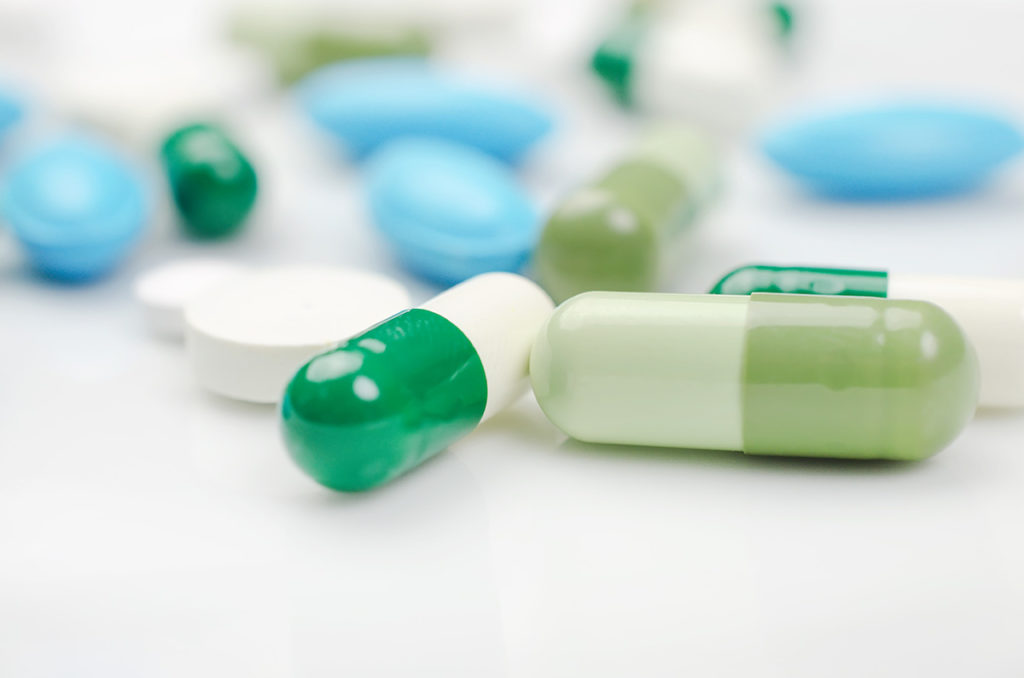Most addictive drugs can be classified as either a stimulant or a depressant. These groups interact differently with the central nervous system, often throwing off the chemical balance of the body and brain. Stimulants react by speeding up every aspect of the body and brain, which are controlled by the central nervous system. Conversely, depressants do the opposite; slowing down bodily functions and cognitive processes. Individuals who abuse these drugs may become addicted to a drug in one category or the other. Alternatively, they may fall into a cycle of abuse that involves the constant use of both drug types in an attempt to achieve balance and feel normal.
If you’re suffering from an addiction to depressants or stimulants, we are here to help. Our team offers a range of expert treatment options, which we can tailor to your unique needs. To learn about our drug addiction treatment programs, please contact The Arbor Behavioral Healthcare in Georgetown, Texas today at 844.413.2690.
The Difference Between Depressants and Stimulants
Depressants and stimulants are two distinct categories of substances. Each one has unique effects, and, in many cases, these substances are addictive. However, understanding the differences between these substances can be the first step towards finding treatment.
Depressants
Depressant drugs include alcohol, prescription drugs, and illegal street drugs. While alcohol and heroin may seem as if they are very different from each other, they work in similar ways within the body, inhibiting the function of the central nervous system by slowing down the heart, breathing, and digestion. Users may take these drugs to feel relaxed, euphoric, and induce sleep. Using one of these depressants can often escalate to the use of a more potent form. For example, many users who develop an addiction to opioid pain relievers escalate their use to heroin once they build a tolerance or are no longer able to obtain a prescription. Depressant overdose can cause the user to stop breathing, resulting in death.
Stimulants
Common stimulant drugs include illegal street drugs such as cocaine, methamphetamines, and MDMA, as well as prescription drugs like Adderall and Ritalin. Stimulant drugs speed up bodily functions, increasing heart rate and raising blood pressure. They can make users feel euphoric and energized, but this feeling is usually followed by exhaustion and depression equal or greater to the high. Stimulants can also have negative mental health effects, such as an increase in anxiety, paranoia, and panic attacks. Other common side effects include nausea, sweating, irregular breathing, and convulsions. Stimulant overdose can lead to heart attack or stroke, both of which may result in death.
If you’re suffering from an addiction to stimulants, we have treatment programs that can help. To learn more, contact The Arbor Behavioral Healthcare today.
Contact The Arbor Behavioral Healthcare
If you or someone you love is struggling with addiction, now is the time to reach out for help. At Arbor Behavioral Healthcare, you will meet knowledgeable, compassionate professionals who understand addiction in all its forms. The Arbor uses an integrative and holistic approach to treat addiction and mental health issues. No treatment is one-size-fits-all, and at The Arbor, you will have a team of experts prepared to create your customized treatment plan. Our team offers treatment for a wide array of addictions, including:
Our team will care for your mind, body, and spirit so you can heal from the inside out and look forward to a lifetime of sobriety and wellness. Whether you’re addicted to stimulants or depressants, we can help. If you are ready to take the first step in your recovery, please call us today at 844.413.2690.


